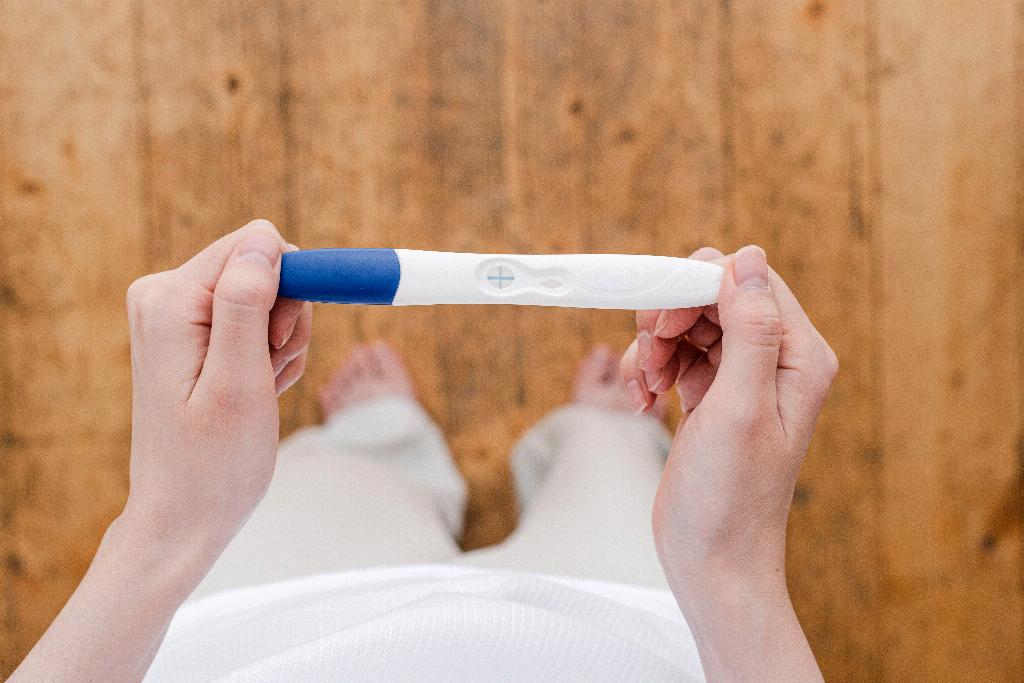During pregnancy, many women experience heartburn and indigestion due to hormonal changes and pressure on the stomach from the growing uterus. Seeking relief from these symptoms is important for both the comfort and well-being of the mother and the baby. One common over-the-counter remedy for heartburn is Mylanta, which contains magnesium hydroxide and aluminum hydroxide.
Antacids such as Mylanta, Maalox, and Rolaids are generally considered safe when used occasionally and at the recommended dosage during pregnancy. However, it is important to note that while magnesium hydroxide can help neutralize stomach acid and provide relief from heartburn, aluminum hydroxide, which is also present in these antacids, can have some unwanted effects.
Aluminum is known to be constipating, which can be a concern for pregnant women who are already susceptible to constipation due to hormonal changes. Additionally, in large doses, aluminum has the potential to be toxic. While the amount of aluminum in antacids like Mylanta is not likely to cause toxicity when used as directed, it is still important to be cautious and not exceed the recommended dosage.
It is always best to consult with your healthcare provider before taking any medication, including over-the-counter antacids like Mylanta, during pregnancy. They can provide personalized advice based on your individual health and medical history, as well as consider any potential risks or interactions with other medications you may be taking.
Alternative options for managing heartburn during pregnancy include lifestyle modifications such as eating smaller, more frequent meals, avoiding trigger foods that may worsen symptoms, staying upright after eating to help digestion, and using pillows to prop yourself up while sleeping.
If your heartburn is persistent and not relieved by antacids or lifestyle changes, your healthcare provider may recommend other medications that are considered safer or more effective during pregnancy. These may include H2-receptor antagonists or proton pump inhibitors, which work to reduce the production of stomach acid and provide longer-lasting relief.
It is important to weigh the benefits and risks of any medication or treatment during pregnancy, as the health and well-being of both the mother and the baby are of utmost importance. Being proactive in discussing your symptoms and concerns with your healthcare provider can help ensure that you receive the most appropriate and safe treatment for your individual situation.
In conclusion, while Mylanta and similar antacids may be considered safe for occasional use at the recommended dosage during pregnancy, it is advisable to exercise caution due to the presence of aluminum hydroxide and the potential for constipation and toxicity. Consulting with your healthcare provider and exploring alternative options for managing heartburn are essential steps in ensuring the safety and effectiveness of treatment for this common discomfort during pregnancy.

